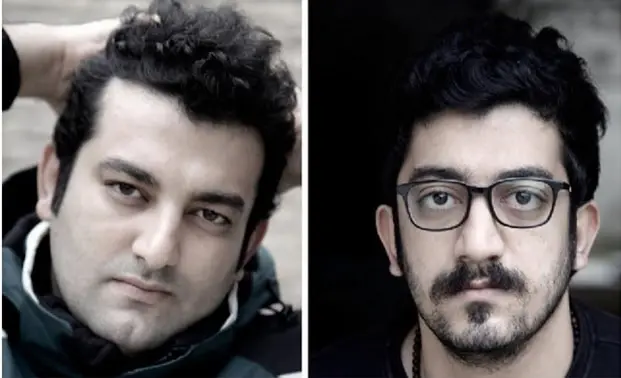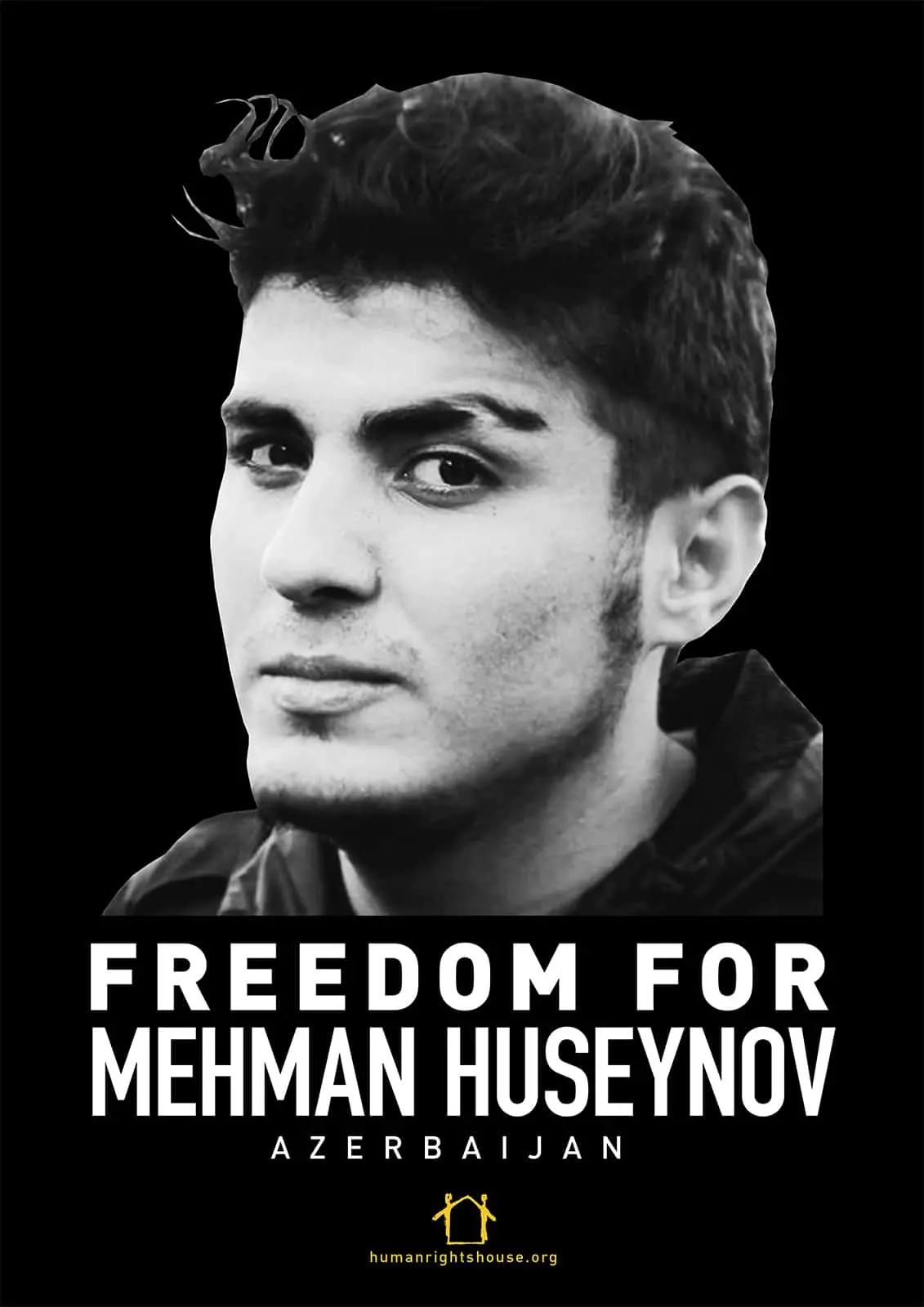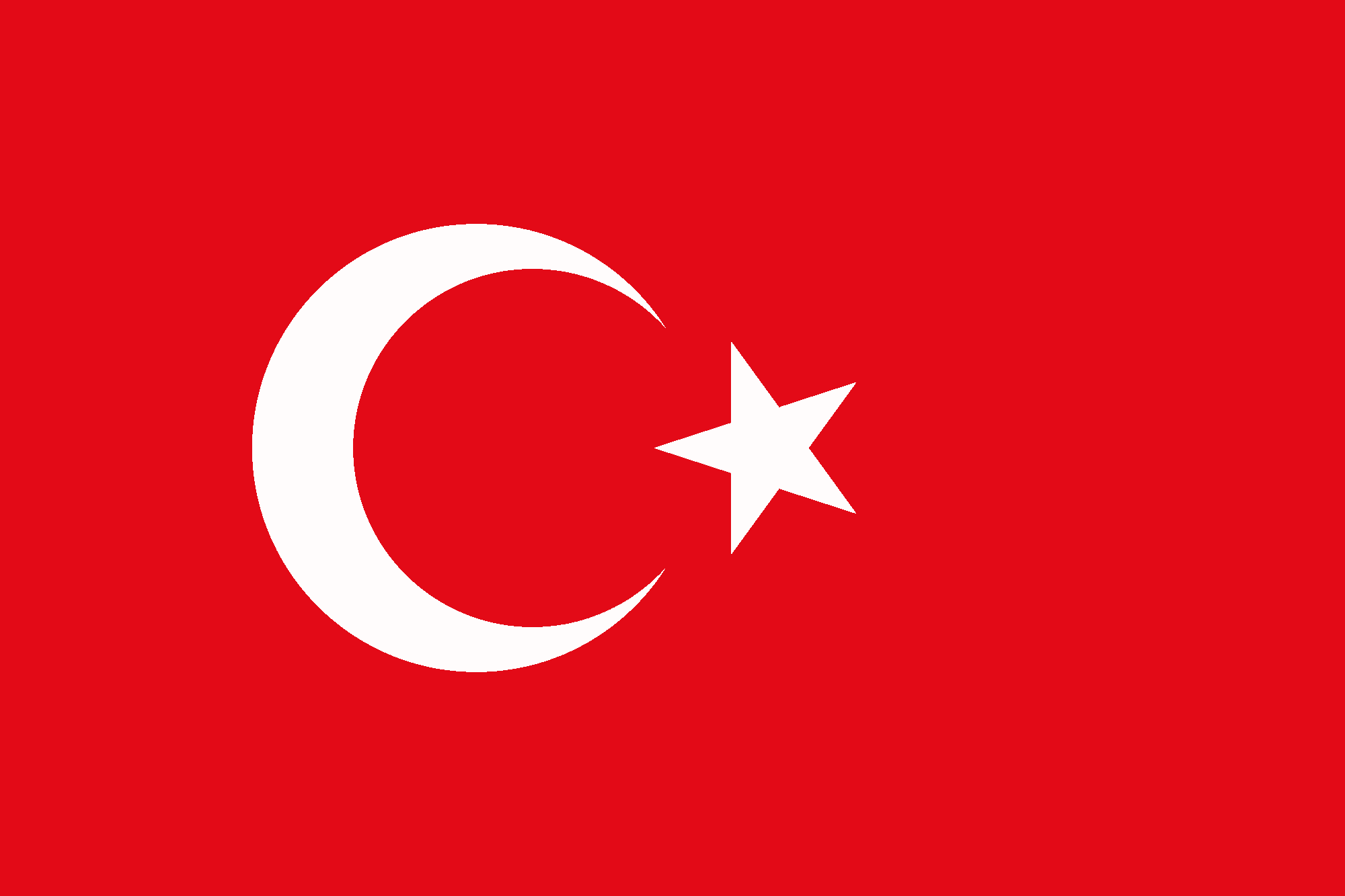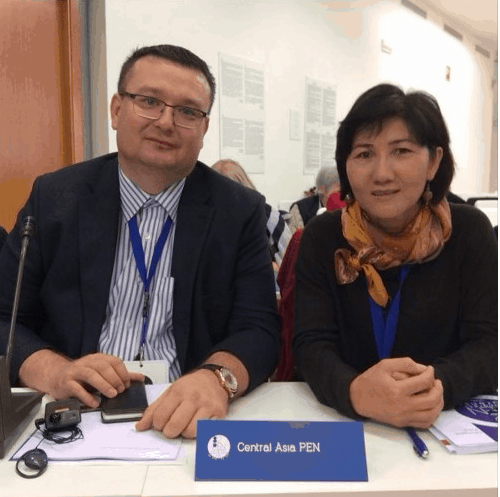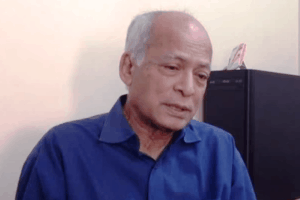Being an outspoken writer has never been easy in Turkey. The history of Turkish literature is also the infamous history of exiled, jailed, and persecuted authors. During the early days of the Turkish republic, in the 1920s, Halide Edib Adıvar, the first canonized female novelist of the Turkish language, was exiled after a conflict with Mustafa Kemal Atatürk, the founding father of the Republic of Turkey. Nâzım Hikmet, arguably the most important modern Turkish poet, spent 12 years in prison and lived in exile until his death in 1963. Pioneering short story writer and celebrated novelist Sabahattin Ali, whose novel Madonna in a Fur Coat (1943) has seen an unprecedented comeback recently, was murdered at the Turkey-Bulgaria border after years of state pressure, imprisonment, and harassment. (An English translation of Ali’s novel was published by Penguin Classics in 2016.)
In today’s turbulent Turkey, numerous writers and journalists share the ill-fated path of their predecessors. During the past year, Turkey has become the biggest jailer of journalists, even surpassing China or Ethiopia. Novelist Ahmet Altan (whose novel Endgame was recently published in English) and essayist Ahmet Turan Alkan are among 258 journalists and writers who are currently in prison because they spoke the truth and exposed the lies of the government. Novelist Aslı Erdoğan, who was released after spending four months in prison, recently described the trauma she experienced behind the bars: “My soul still is in prison.” Linguist Necmiye Alpay was also one of the few writers who was released after months in prison, while another linguist, Sevan Nişanyan, who was jailed not over a political case but a land dispute, recently fled Turkey and announced his escape on Twitter: “The bird has flown. Wish the same for 80 million left behind.”
However, not everyone is free as birds or as lucky as Nişanyan. Dozens of jailed journalists are my colleagues from Zaman (Time) and Yeni Hayat (The New Life); both newspapers were shut down by the Turkish government. (I used to edit Zaman‘s book review Kitap Zamanı for 10 years, and after it was seized, I wrote columns for Yeni Hayat.) Every day I crave for a single story about my colleagues and look forward to hearing good news. Meanwhile, among persecuted journalists, I follow one colleague’s trial more closely because his job was the same as mine: Turhan Günay, the 72-year-old book review editor of Cumhuriyet (The Republic) newspaper is in prison for nine months.
Founded in 1984, Cumhuriyet‘s book review is the first newspaper book supplement in the country. When we launched Kitap Zamanı in 2006, Cumhuriyet‘s book review had been the guide to use as a model and to surpass. Although Cumhuriyet and Zaman were competitors as two prominent newspapers from different sides of the political spectrum, as book review editors we only had respect for each other and for our profession. The world of books and literary journalism largely stayed out of the ups and downs of politics. For sure we had our editorial differences: While weekly Cumhuriyet Kitap more frequently gave platforms to mainstream Turkish authors, Kitap Zamanı also aimed to bring voices from different literary cultures to Turkish audiences. (For example, Alberto Manguel, Etgar Keret, Geoff Dyer, Joyce Carol Oates, Javier Marías, and Per Petterson were among the contributors of Kitap Zamanı‘s last printed issue.)
Turhan Günay, the editor of Cumhuriyet‘s book review since 1985, went on trial this week with 16 other Cumhuriyet journalists on charges of aiding terror. Scenes and dialogues from the ongoing trial reminded me of a poorly-written dystopian novel. The judge asked Günay if he ever supported terror with his reviews. He even interrogated Günay’s criteria in choosing books to review. (First and foremost, correct grammar is a requirement to be reviewed, said Günay.) At one point, the editor told the judge: “Do you also want me to talk about my divorces?” It was such a surreal trial that the judge also asked Günay his “biggest secret”: his youthful appearance. (At 72, Turhan Günay looks much younger.)
To my surprise, one of the accusations toward Turhan Günay relates to his phone conversations with Ali Çolak, Zaman‘s culture editor. Ali Çolak, my longtime colleague, is a prominent essayist (one of the few Turkish writers who dedicated his writing career to the genre of the essay) and one of the kindest people I know. He is a romantic who daydreams in the newsroom of living by a lake, like Thoreau, and writing his long-planned “Book of Trees.” Ali Çolak always wanted to live as a recluse, like Salinger, or in a vast library, like Borges. But the Turkish government not only accuses him of being a part of a so-called terrorist organization—apparently talking to him on the phone is also a crime. The absurdity of these accusations is beyond anyone’s comprehension. Both Turhan Günay and Ali Çolak edited culture and arts pages and book reviews for years and helped to keep intellectual life alive in Turkey. In a democratic country, their dedication to books and literature would have been cherished and they would have been given lifetime honors. In the dark age of anti-intellectualism and autocracy, Turkish authorities want to keep the two editors in prison for life.
It’s not just political journalism that is a dangerous occupation in Turkey—editing culture and arts pages or book reviews is too. The trial of Turhan Günay indicates this troubling reality. But there is also a deeper problem in this reality than the political grudge of the Turkish government: While ignorant oppressors want to silence free press and diverse voices, they have no tolerance for the intellectual occupation.
Turkey’s recent experience shows that anti-intellectualism, a result of populism in politics, is today’s imminent danger. People who cherish freedom of speech around the world have to unite and resist against the hostility toward intellect, arts, and literature. Either at home or in exile, it is our responsibility to keep our inner fire ablaze and resist against the falling darkness.




